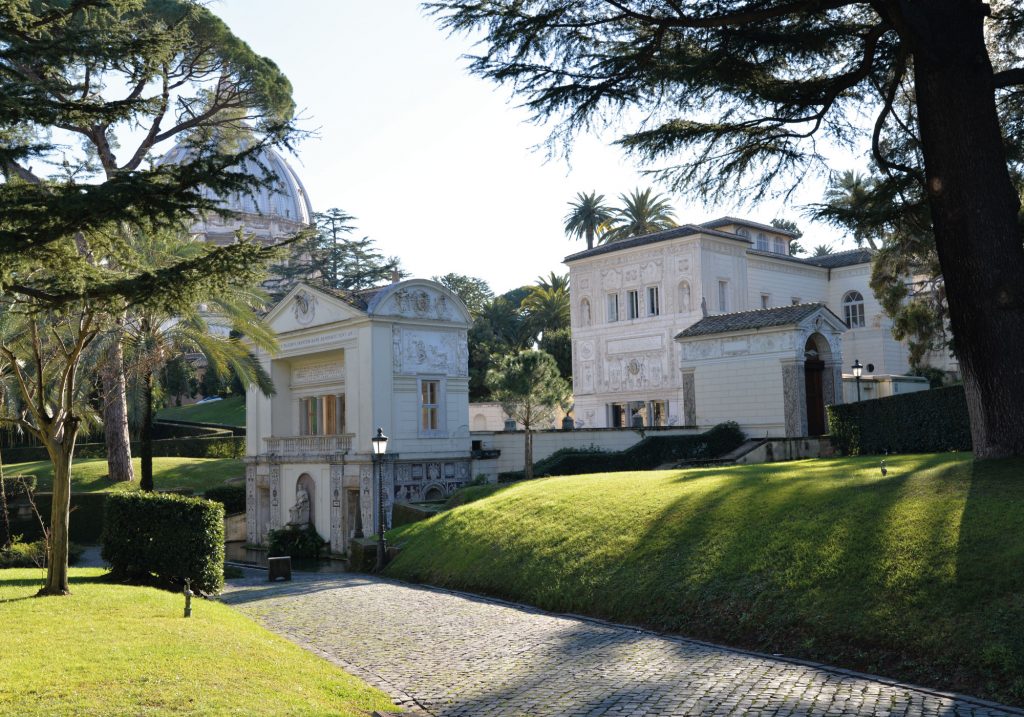Pontifical Academies Of Sciences And Social Sciences
Supporting the foremost centres of expertise within the Church on today’s key issues of society
The Pontifical Academies of Sciences and Social Sciences are two independent bodies within the Holy See which exist to further the pursuit of knowledge in a number of scientific areas through the expertise and engagement of its members, some of the world’s most respected academics who advise the Pope on matters of science and social science.
Since membership is not influenced by factors of a national, political, or religious character it represents a valuable source of objective scientific information which is made available to the Holy See and to the international scientific community.
The two pontifical academies were founded by Pope Pius XI in 1936 and by Pope John Paul II in 1994 respectively, but the origins of the original Papal Academy can be traced back to the early 17th century when the learned Roman prince Federico Cesi established the ‘Academia dei Lincei’ or Academy of the Lynxes. The astronomer Galileo Galilei was an early, if not the first President of the Academy.
In the modern age, the Pontifical Academy of Sciences boasts a membership that has included eminent scientists such as Ernest Rutherford, Otto Hahn, Stephen Hawking, Marconi and Alexander Fleming. In fact, its membership boasts some 89 Nobel prize winners since 1936.

Today, the Pontifical Academies are amongst the foremost centres of expertise in the Church, advising the Pope on matters as diverse as modern slavery and human trafficking and stem cell research. Increasingly the Holy Father relies upon both academies as important convening power to bring together global expertise on matters close to the Pope’s heart, such as climate change and organ trafficking, where the Academies have been at the front of study and debate.
As Pius XI wrote about the Academy in 1936, “Science, when it is real cognition, is never in contrast with the truth of the Christian faith.”
In 2012 Pope Benedict XVI addressed the Academy, saying
“Dialogue and cooperation between faith and science are urgently needed for building a culture that respects people and the planet…. Without faith and science informing each other, the great questions of humanity leave the domain of reason and truth, and are abandoned to the irrational, to myth, or to indifference, with great damage to humanity itself, to world peace and to our ultimate destiny….”
The Galileo Foundation was born out of support for the Pontifical Academies and we proudly support their activities, including important initiatives focused on modern slavery, human and organ trafficking, and fraternity between the faiths.


Vatican Gardens.